Myra McNair on mental health therapy for diverse patients
Anesis Center for Marriage & Family Therapy owner Myra McNair describes a growing interest in mental health care among Black and other diverse communities and the resulting demands on practitioners.
By Murv Seymour
November 13, 2024
VIDEO TRANSCRIPT
Myra McNair:
Right now in the mental health field, there's a shortage for everybody right now. There is a shortage of mental health practitioners, there is a shortage for prescribers, youth prescribers. Now, when you're talking about Black, Indigenous, people of color, it's even more so of a shortage. So, the state of things right now, especially in the state of Wisconsin, we just do not have enough providers to create the treatment space for people to come in and get the services when they need the services for mental health.
Murv Seymour:
And what about in terms of folks seeking help? Are there more people of color coming forward to get mental health treatment? And if so, why?
Myra McNair:
Yeah, there's been a major shift within our culture, within Black culture, of really accepting that it's OK to come in for mental health treatment and receive therapy, receive AODA treatment. I would say that shift really has happened probably around 2020 after George Floyd was murdered. We had the, you know, COVID was here, everyone was home. People were really open to it. We had social media trends of people talking about mental health. We had a lot of movie stars and singers talk about mental health and go out, get the support that you need within our community. And so people were really like, "OK, why am I listening to this stigma about mental health? I can go get the help that I need." The problem is that there just were not enough treatment providers on the other end to receive that big shift that we had in our culture.
Murv Seymour:
And I've heard about a stigma in terms of folks being reluctant to get treatment. Why has that been, especially folks of color?
Myra McNair:
Yeah, I think the stigma is very layered. I think as a culture we've always gone to, whether it's a community elder, a pastor, clergy member, I think the concept of going to get help from like a community or someone who is wise that can counsel you is not a new concept within our community, right? But how we kind of label mental health, right, has been stigmatized because we don't want to look like we're quote, unquote "crazy." And there's a lot of reasons that we don't want to look like we're crazy, right? We have a lot of other stigmas and -isms on us just being Black, right? We don't want to look like we're weak or we're dealing with this other issue. I think we're also kind of taught this concept of like, "We survived slavery so we're strong. We can endure all these other issues and problems, right? If our ancestors endured all of that, I can get through this or I can figure this out on my own." And we know that's not true, right? We are human just like everyone else, and we go through struggles, and we have mental health illness just like everyone else. I think there has just been like a new way to embrace our humanity and to know that it's not normal to be OK under certain circumstances, and give us really permission to not be OK. I think also mental health world has been very Eurocentric, and if I have a mental health illness or an issue, why would I be going to someone who doesn't understand what I'm going through, my family and my community is going through? There's been a lot of fear of like separation of families and you know, like, "Am I going to get myself in more trouble if I go get help or am I actually going to get the help that I need? Can I really trust a white provider?" You know, "Can I trust the medications that someone's going to be giving me?" It's pretty scary for people.
Murv Seymour:
Yeah, you talk about the need when we put this web story together a few months ago there was a pretty substantial wait list for folks that wanted to, you know, of color, that wanted to get treatment. Where do things stand now on that? Are we making progress there at all?
Myra McNair:
Yeah, we made great progress in our waiting list. So last year, unfortunately, we had up to 1,400 people on our wait list and you know, we got through our wait list. Some people found services other places, some people didn't want services anymore. And a lot of people did get in. We provided drop-in mental health clinics where people could come in and not stay on the waiting list, where they could just come in, get the help and the support that they need when they need it. So, we did get through that wait list. We opened our wait list back up, so we closed it down for a little bit. It's open now and we have about, I would say, a couple hundred people on the wait list. We're getting people in within, I would say, five to six weeks. So we made huge progress.
Murv Seymour:
That's awesome.
Myra McNair:
Yeah.
Murv Seymour:
And then in terms of what people are coming in for, especially the African American population here in the Madison area or Wisconsin in general, is there anything specific or unique about the kinds of things they're looking to get help with?
Myra McNair:
I would say some of the unique things that we see that people are coming in with is racial trauma. And a lot of that — it's different for everybody. There's not like one specific racial trauma, right? So sometimes we have people that are biracial — Black biracial — coming in just dealing with the family dynamics of like maybe their brother or their sibling is white, one of their caregivers is white and they are the only Black person within their family, right? Other than the other caregiver. So there's like family dynamics around racial trauma. For some people it's racial trauma from their job or their workplace or be living in a community that doesn't reflect them and their family. Culturally, you know, values, all those other things, right? So I would say that racial trauma piece is, you really have to understand that dynamics and the nuances within the culture that someone is coming from to really be able to treat and talk with the client about those issues.
Murv Seymour:
How do you gauge progress?
Myra McNair:
Hmm — yeah. That's a great question because many times when people are coming in around racial trauma, the problem is we can't make racial trauma go away. People are going to be dealing with racial trauma. It's going to be a ongoing issue. So what we're seeing is a lot of times kind of like traditional therapy is like, OK, you see your client for 9 to 18 months maybe, or maybe you see 'em from 6 to 12 months, they're done with treatment, you treated the problem, you treated the symptoms that they have, and then now they're gone. Well, with racial trauma or systemic issues that a lot of our clients are dealing with, those are ongoing issues. You can't meditate yourself out of systemic oppression, right? So it's really hard to necessarily gauge, right, how much progress you make in treatment because the person really isn't the problem for having symptoms around racial trauma. That's actually a normal human response to have those symptoms under those circumstances, right? And so I would say, you know, the way we gauge it is when a client is saying that they feel enough relief or feel like they can cope enough maybe with whatever the situation is. But it is not an easy thing to necessarily gauge, because these are issues that people have to live with that are not really livable conditions for anyone.
Murv Seymour:
Yeah. Can you give us just a quick snapshot of what you've built here in terms of infrastructure and people and which, you know, that sort of thing.
Myra McNair:
Yeah. So at Anesis, we're located in Madison, Wisconsin. We have about, I would say, around 60 to 65 employees here. And we have clinicians, we have some prescribers that treat youth and adults. We also provide therapy in people's home, in the community and also in our offices. We have about three locations here in Madison. We provide services in English and in Spanish as well, and also Hmong. Our hugest populations that we serve are Black and Latine. And our team looks exactly like the population that we serve. We also have expanded a little bit. We have employees that are located in Texas and Illinois, even Iowa, and also a few in Milwaukee as well.
Murv Seymour:
You mentioned the different languages that you provide treatment in. I was speaking to one of my Latina friends and she was telling me how it's pretty much impossible for her to find a clinician who can treat her in her native language. How difficult of a challenge is that and is that something that you're obviously able to provide here, I guess?
Myra McNair:
Yeah, we do provide services in Spanish. We have case managers that are Spanish-speaking and then also clinicians as well. And it's a huge value for us to be able to provide those services in people's, what I like to say, home language. So even if someone does speak English and Spanish, if their home language is Spanish, that's the language that you want to express yourself in, the feelings that you have, that becomes easiest for people, right? And so that is a major value of ours. We take also a lot of interns, clinical interns that are Spanish-speaking, and we have a program here where we really help them on their professional journey. We really go over how do you go over a treatment plan and the clinical language in Spanish. So just because you speak Spanish doesn't mean that you know how to actually share clinical information in Spanish. And so we go over that with our new clinicians and also the clinical interns as well.
Murv Seymour:
Yeah, my friend was telling me that there are certain words that come up in treatment that aren't even words in her language. Which is really difficult. Last question here, we're gonna give you a superpower to do something that you want in your field, and also if you can give us a snapshot of what do you think the future holds as far as Black mental health and mental health for people of color.
Myra McNair:
Ooh.
Murv Seymour:
Superpower first.
Myra McNair:
Superpower. Oh, that's so hard 'cause there's so many different things. It would be hard for me to pick one thing. There's a couple of things that I would love to change about the mental health care field. One, the fight with insurance companies. I wish that would just go away. I think it would be so much easier to do our jobs, to maintain clinicians and clinical workers if we had higher rates, if we knew we were going to get paid for the services that we provide to people. I think that would make mental health care more accessible and also help maintain clinical staff members. Where I hope mental health care is going for Black folks, I hope that it can become more communal. I love individual therapy. I think that we're a communal people and somehow, I don't know what exactly that would look like, but I would love to see a little bit more community care around mental health because I think it speaks to our soul and our spirit. And I think that's just who we are as a people. I think there's great things that come out of individual therapy, but I would love to see a little bit more communal spaces around mental health.
Murv Seymour:
And your biggest joy in this work?
Myra McNair:
My biggest joy. I have two. Because I do so much pouring into our clinicians and supervising, one is seeing the growth of our clinical team to be able to create and cultivate kind of that safe space for our team members. Because for many of our team members, we too are living under the systemic oppression that our clients are, right? So we also need our own community care. So I love that work. I love being able to be that safe space for our team members. The other thing that gives me so much joy in this work is our clients. I love our clients. I love going out to the waiting room sometimes and just sitting there, and just chatting with the families, the kids — I think they are the best people I have ever met, is our clients. They just give me so much hope and they are sincerely what drives me in the work that I do.
Murv Seymour:
Myra McNair, thank you so much for your time.
Myra McNair:
Thank you.
 Passport
Passport





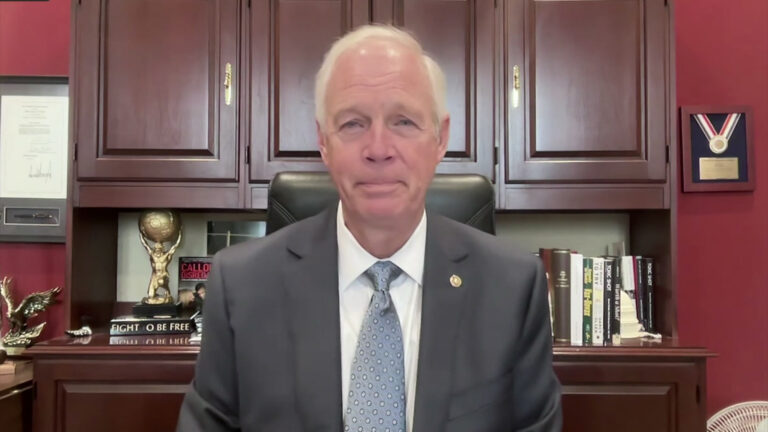
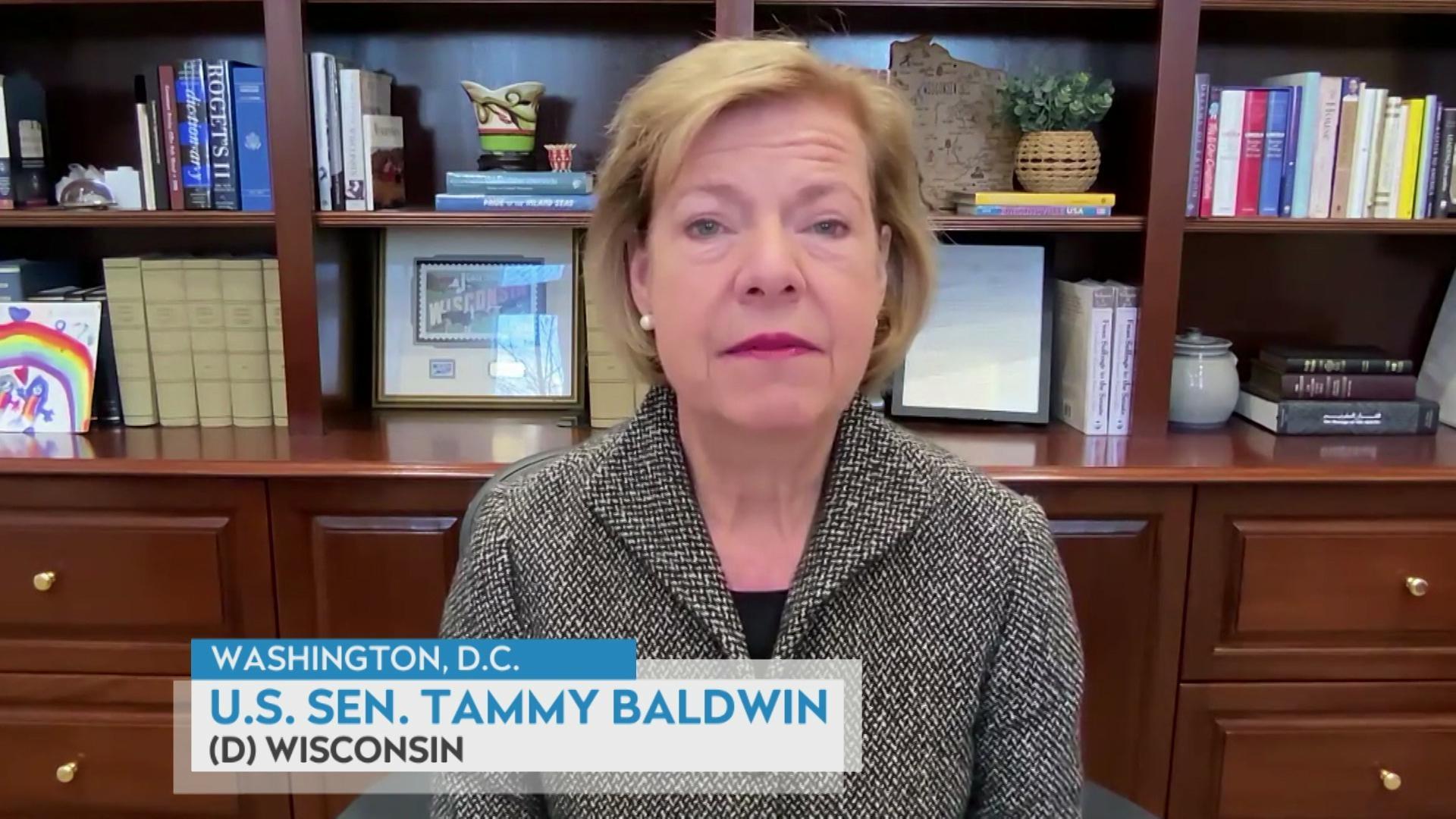
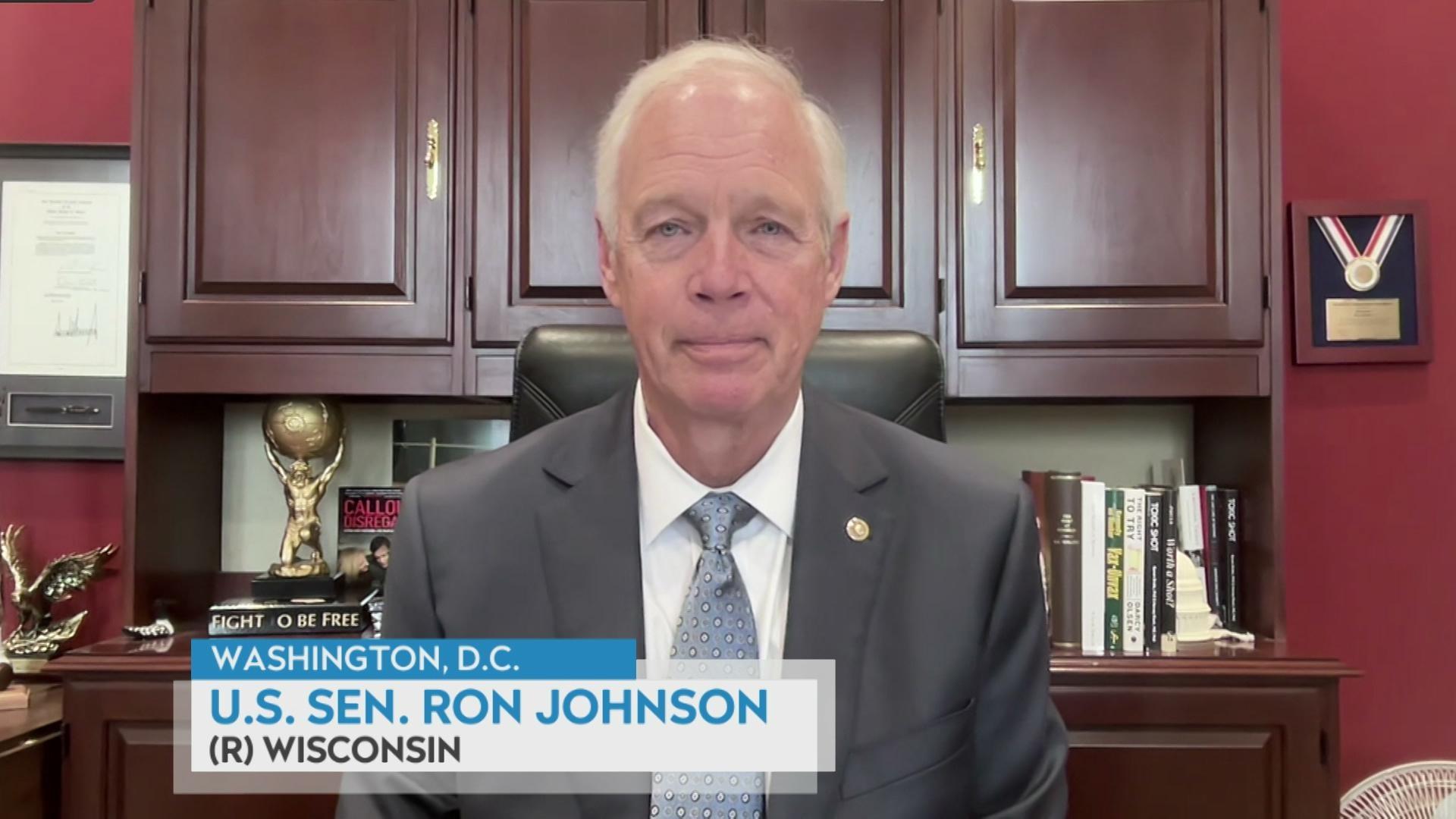
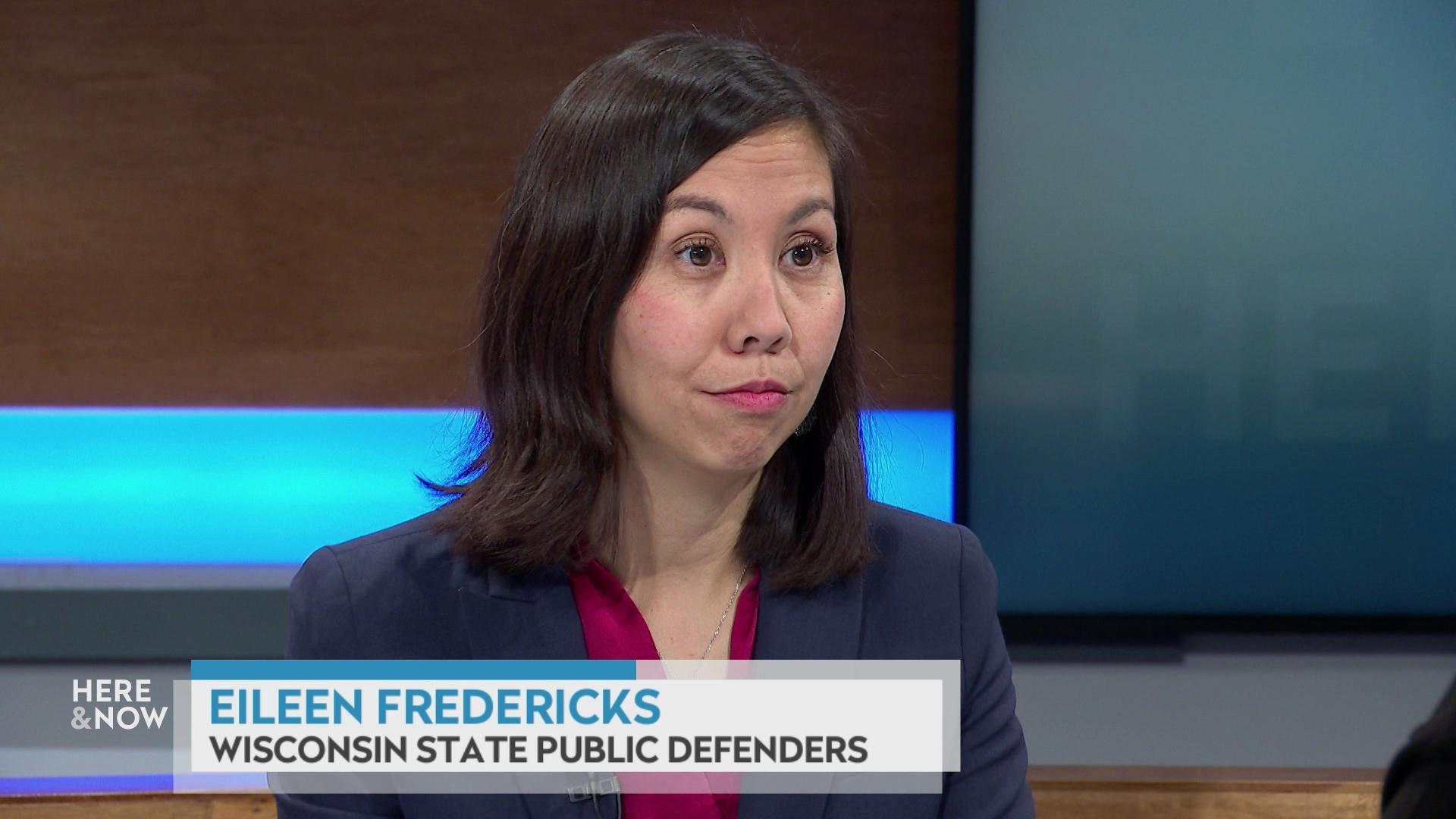
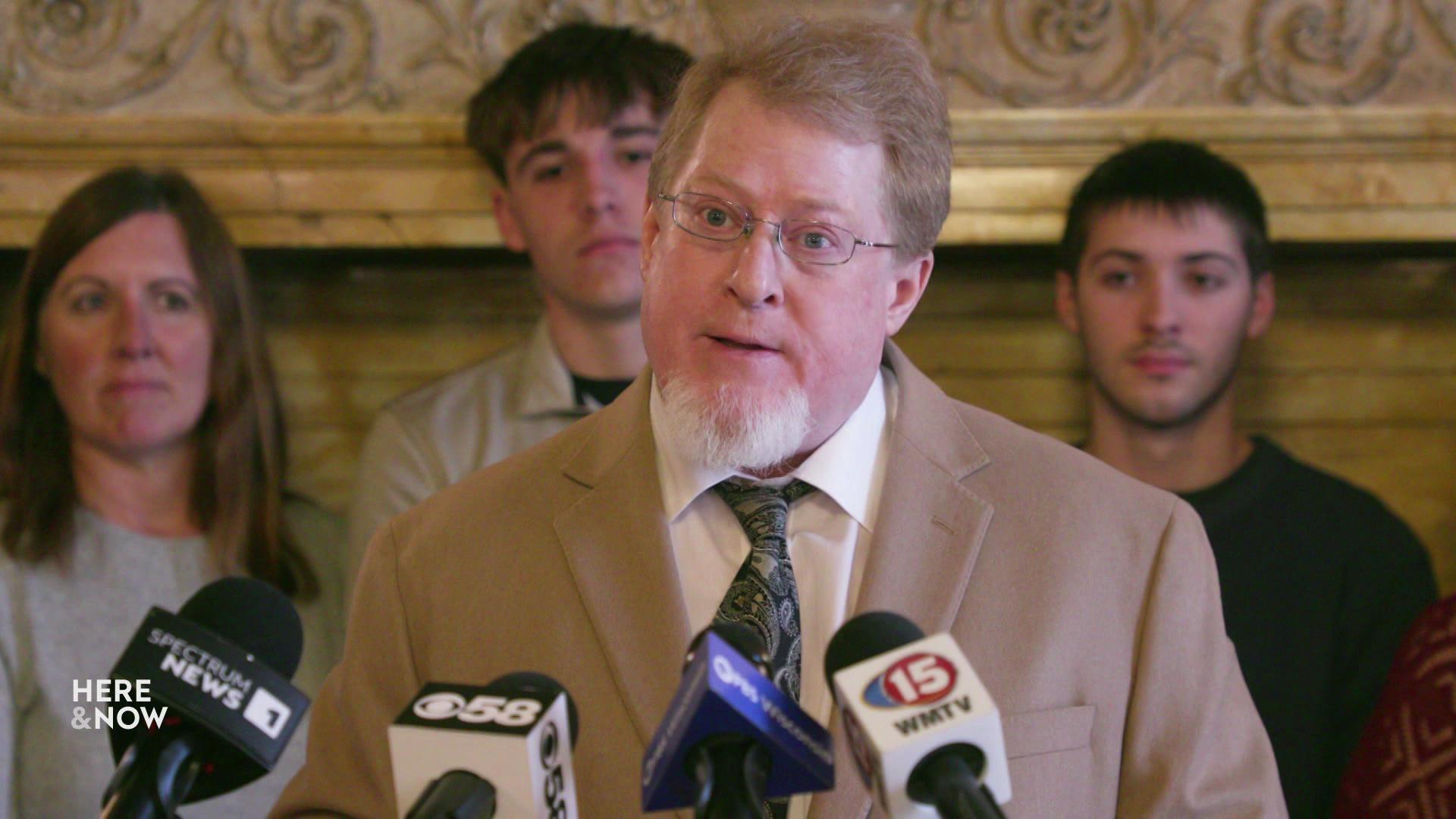

Follow Us